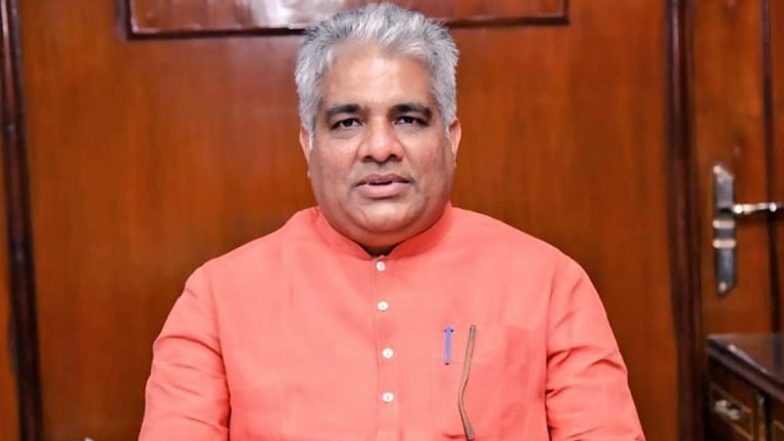Despite not being a traditional contributor to global emissions, India is demonstrating its desire to be a problem-solver, according to Union Environment Minister Bhupender Yadav, who spoke on Wednesday at the G20 environmental and climate opening ceremony ministerial meeting in Bali, Indonesia.
According to the news agency PTI, he claimed that the pledge of climate financing from rich countries continues to be an illusion, and its current speed does not correspond to the global goal to address the climate catastrophe.
The minister added that the nations historically responsible for the majority of the accumulated atmospheric concentrations of greenhouse gases bear the primary responsibility for the transition to net-zero emissions. India is addressing the climate challenge, according to the G20’s Environment Minister.
Despite not being a traditional contributor to global emissions, India is demonstrating its desire to be a problem-solver, according to Union Environment Minister Bhupender Yadav, who spoke on Wednesday at the G20 environmental and climate opening ceremony ministerial meeting in Bali, Indonesia.
According to the news agency PTI, he claimed that the pledge of climate financing from rich countries continues to be an illusion, and its current speed does not correspond to the global goal to address the climate catastrophe.
The minister added that the nations historically responsible for most of the accumulated atmospheric concentrations of greenhouse gases bear the primary responsibility for the transition to net-zero emissions.
“Although India has not historically contributed to global emissions, we are demonstrating our desire to be issue solvers in our actions. India is fully committed to accelerating the transition of its low-carbon industries through its multifaceted strategy, “said he.
Yadav persisted in praising India for assuming leadership in efforts to address climate change. In recent years, he claimed, the nation has made outstanding strides toward electrifying every home, rapidly expanding access to clean cooking energy, and serving as one of the world’s greatest marketplaces for deploying renewable energy.
He claimed that the National Green Hydrogen Mission, a game-changer for decreasing emissions from difficult-to-regulate sectors, had made it possible for the nation.
The Environment Minister claims that to scale up climate funding to double 2019 levels by 2025, investments at reduced costs and creative models are required for all of these initiatives. He argued that creating low-carbon technologies also requires new strategies.
The poorest nations in the world and the most vulnerable populations, who lack the resources and technology to address the crisis, are bearing the brunt of its effects.





